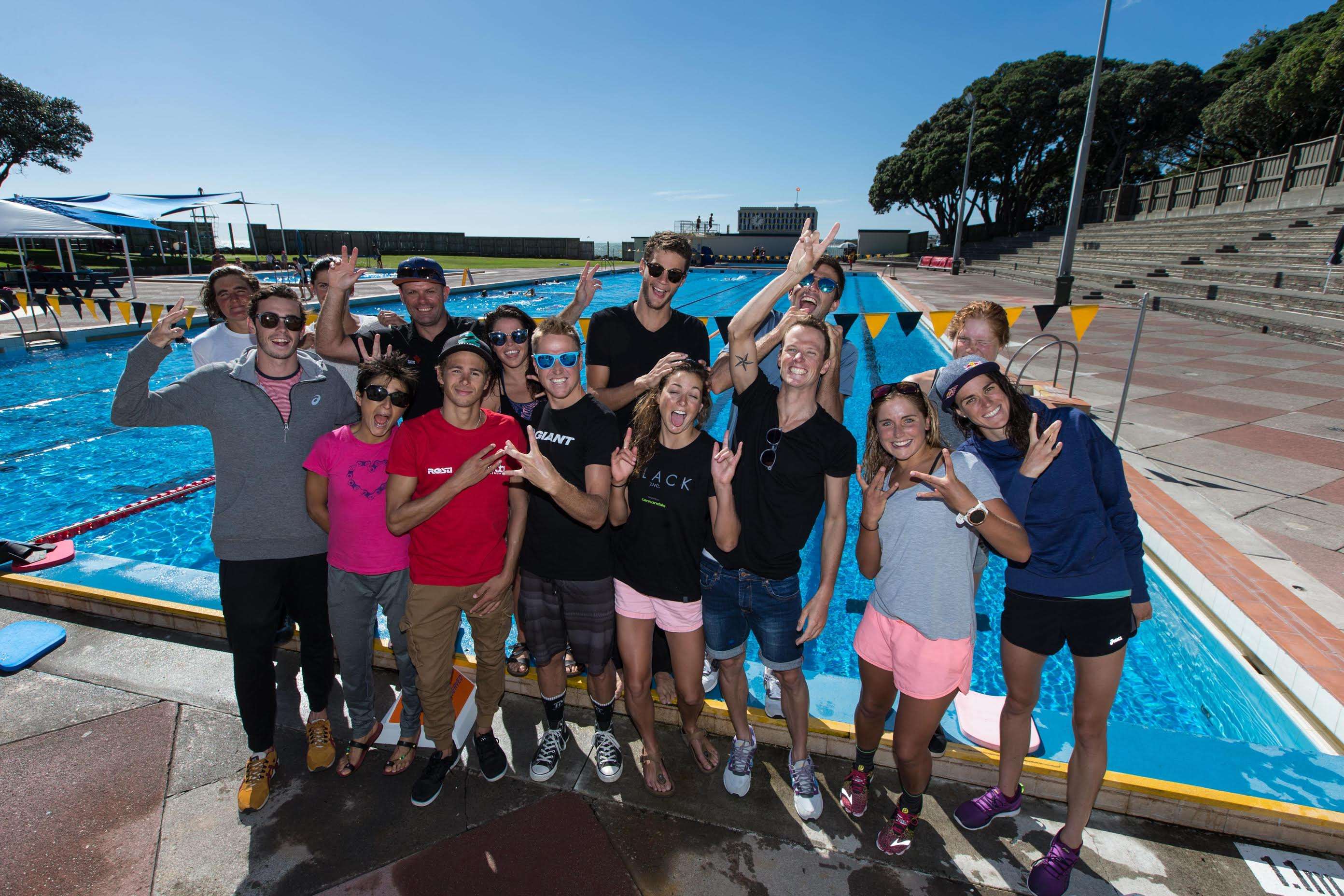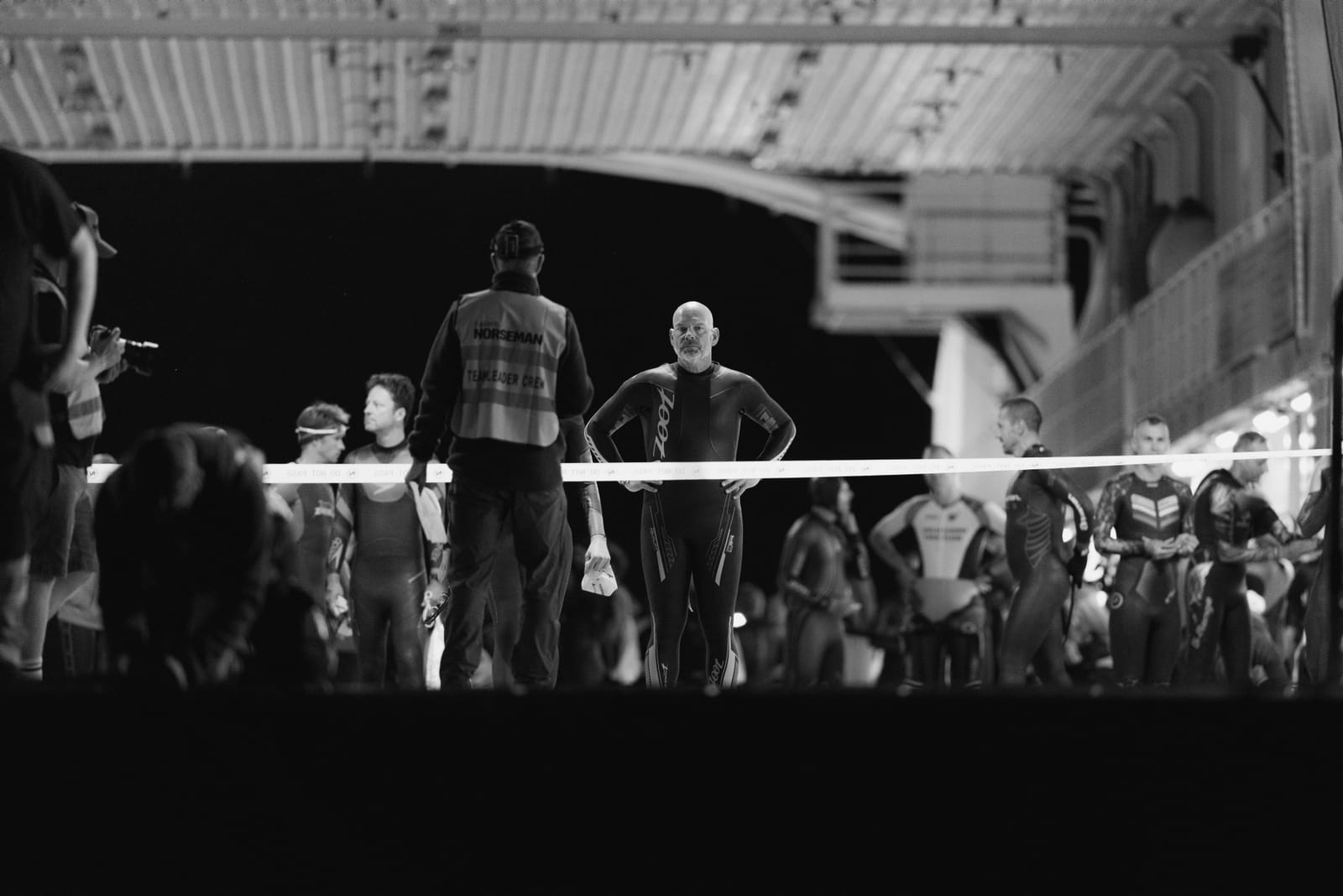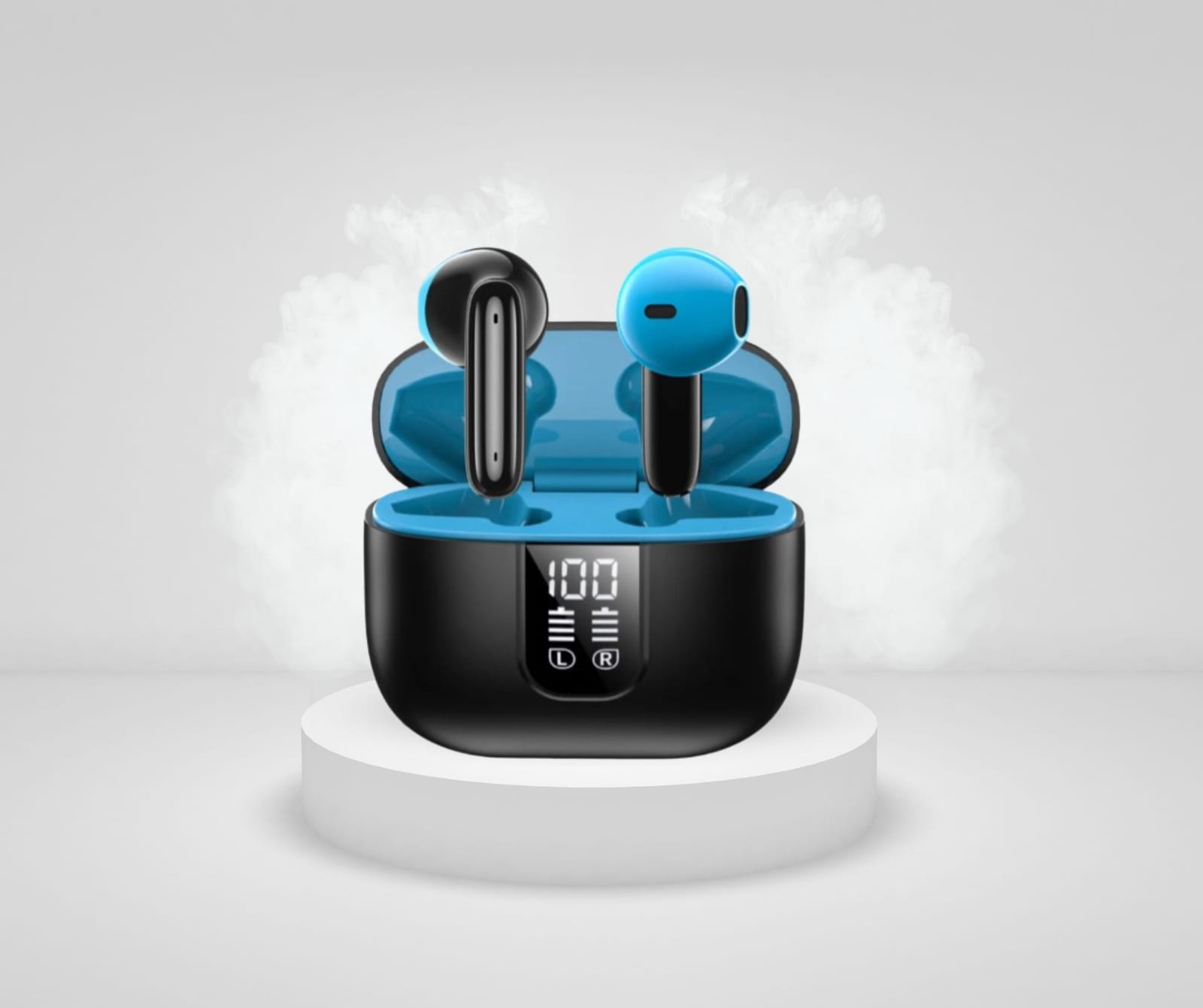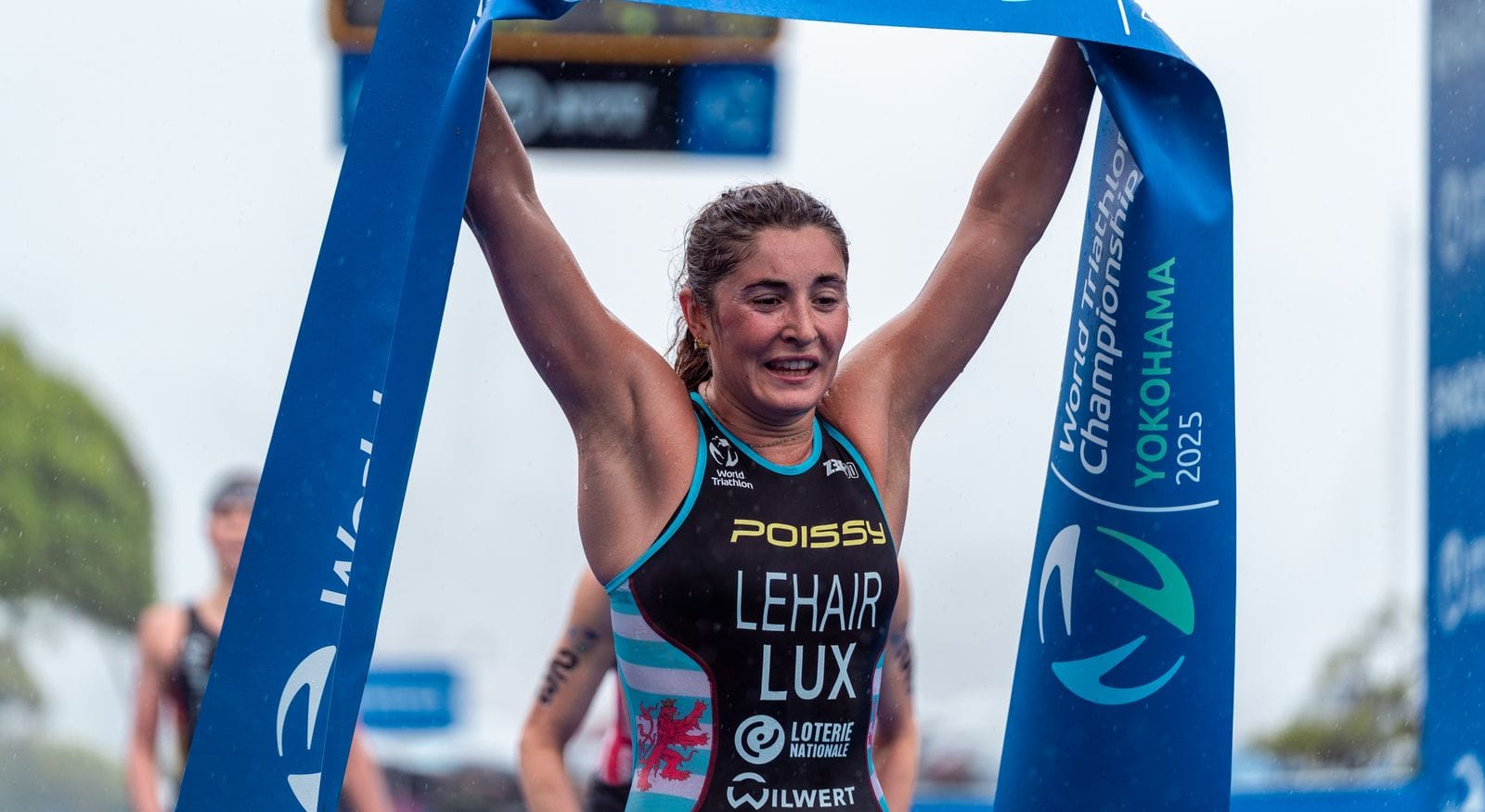Jamie Turner is widely known as the best triathlon coach, and has recently been appointed head coach by Triathlon Australia’s new High Performance Director Ben Gathercole. We caught up with Jamie to find out what motivates this impressive man.
“I make the choice to invest in people,” Turner told Trizone. “I believe in accountability and I choose to work with individuals who know what I can offer. I like the experience of winning and I want to be involved in assisting individuals to achieve a win.”
As the long-standing coach of the Wollongong Wizards, Turner coaches a handful of world class athletes. “They call me Dumbledore,” he said. “If they want to see the Wizards as a team they can, but they’re a group of individuals that I support.”
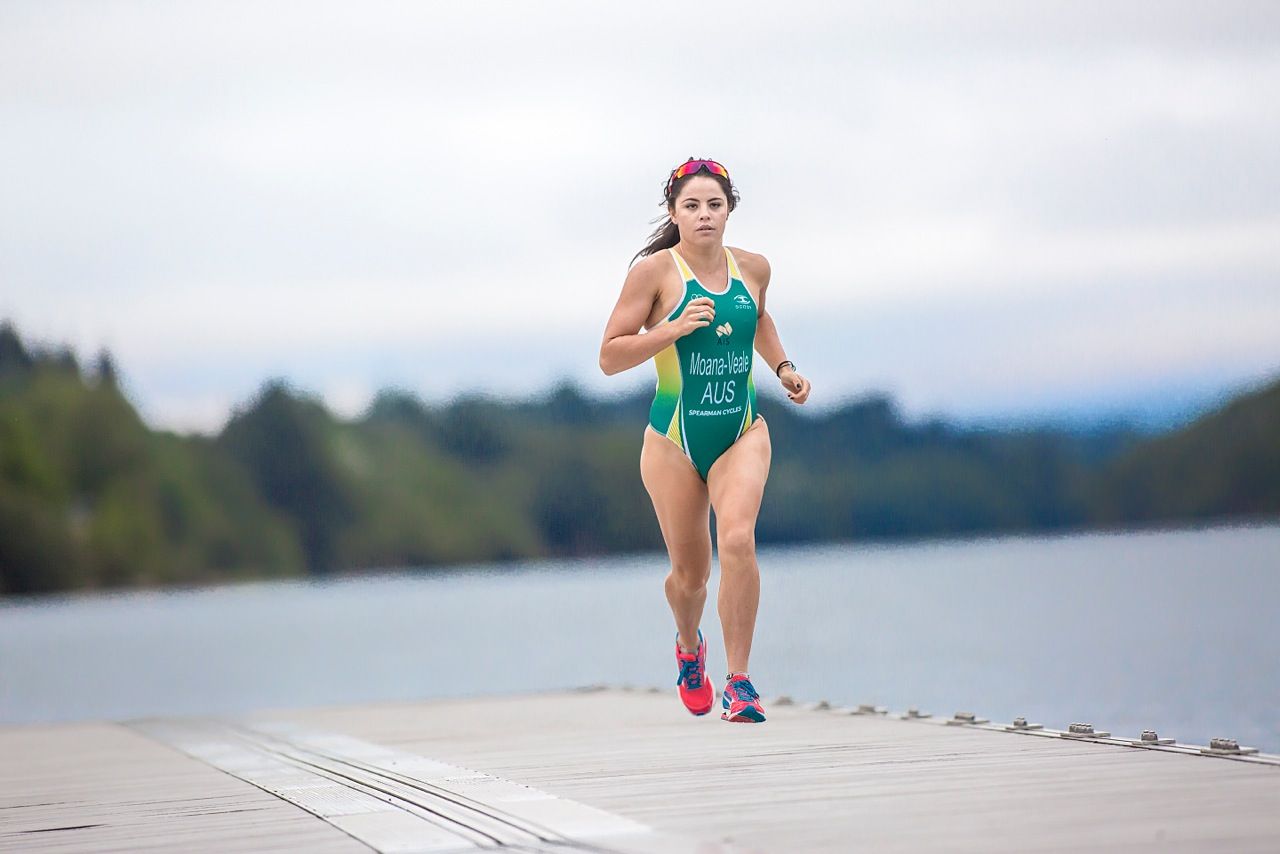
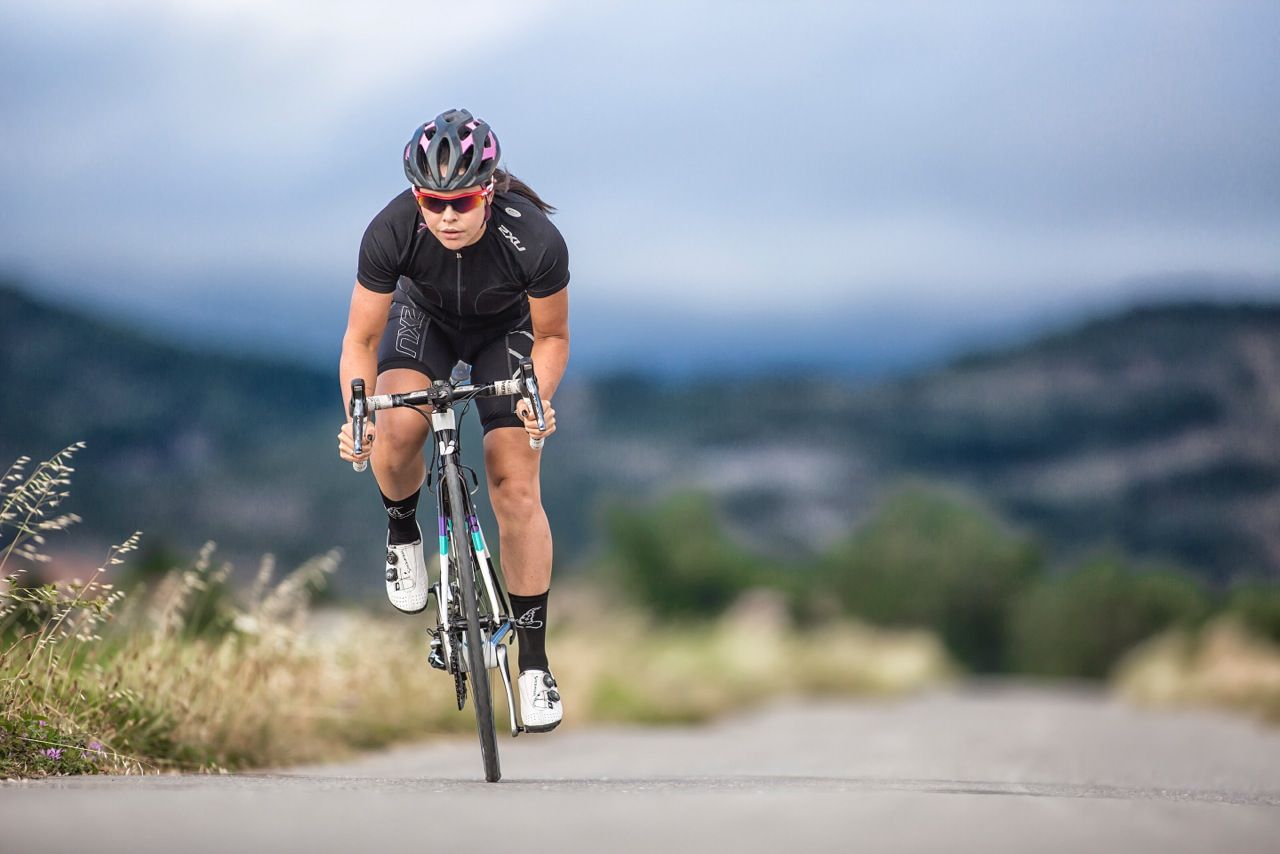
Jamie Turner heads up Triathlon Australia’s new flagship training program
Jamie Turner is passionate about his athletes; not as a group or team, but as individuals. His drive to motivate these individuals is palpable and it’s easy to see why Triathlon Australia recently offered him a four-year contract to lead the flagship training program at the International Performance Centre.
This new move is thanks to Triathlon Australia’s brand new High Performance Director Ben Gathercole who has been quick off the mark to implement changes to drive the performance of Australian triathletes. “We are very proud to offer Jamie some stability with a four year contract,” Gathercole said.“The theory I have is this; he’s the world’s best coach. There are great things Jamie and our program can do through a collaborative approach.”
“Triathlon Australia came to me quite early,” said Jamie. “We were able to communicate and negotiate to get what I thought would be the best for the athletes who make a choice to invest in me as a coach.” Turner has a long history with Triathlon Australia, and this appointment is a development of that relationship.
“I’ve committed to coach six to eight Australian athletes and four international athletes,” said Jamie. “I’m committed to having a few athletes whom I don’t coach, come in and join my individuals. They’ll come in to our daily performance environment and create some stimulus for our athletes and our program.”
Turner is thrilled to cement his already solid relationship with Triathlon Australia – not for himself but for his athletes. “I’m bloody certain Triathlon Australia can create the best opportunities for these athletes,” he added. “This is just an extension of the relationship we’ve already had.”
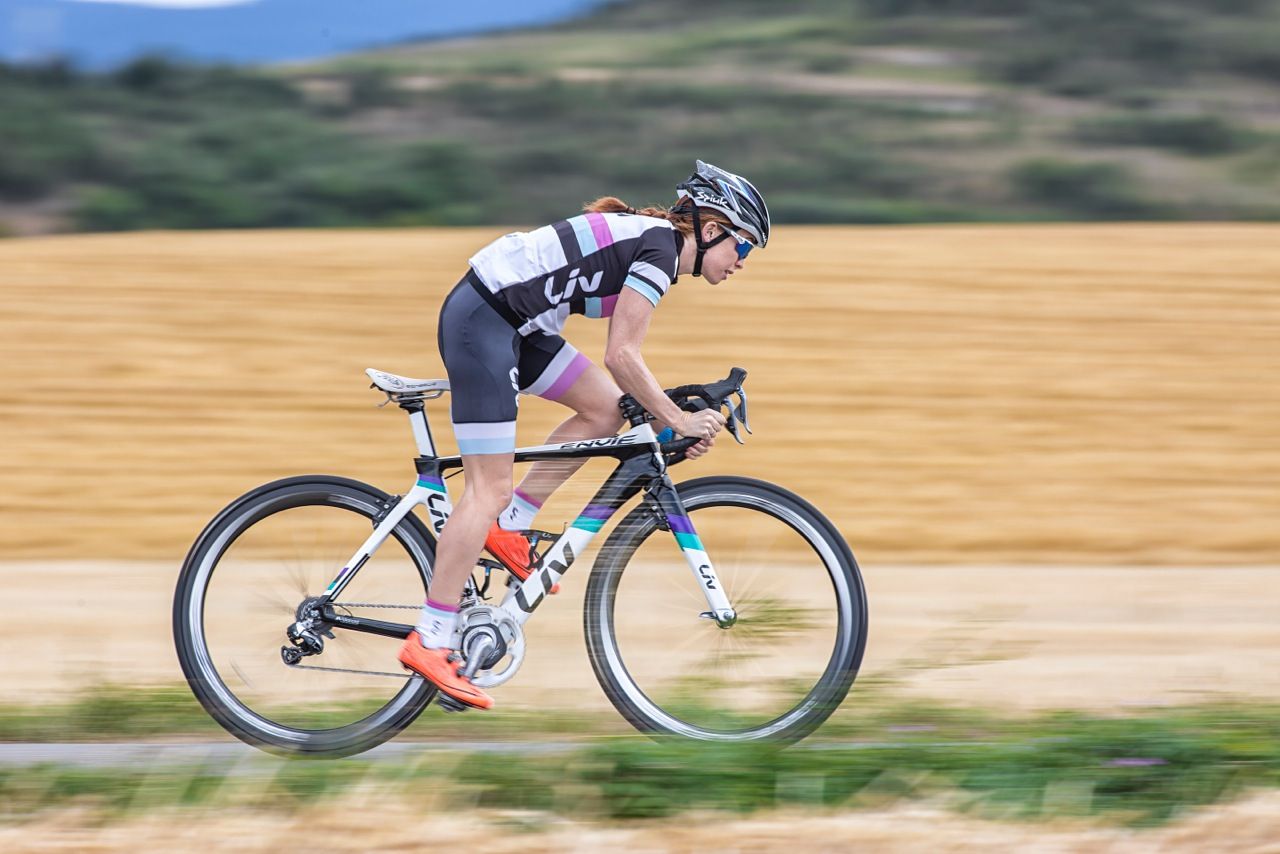
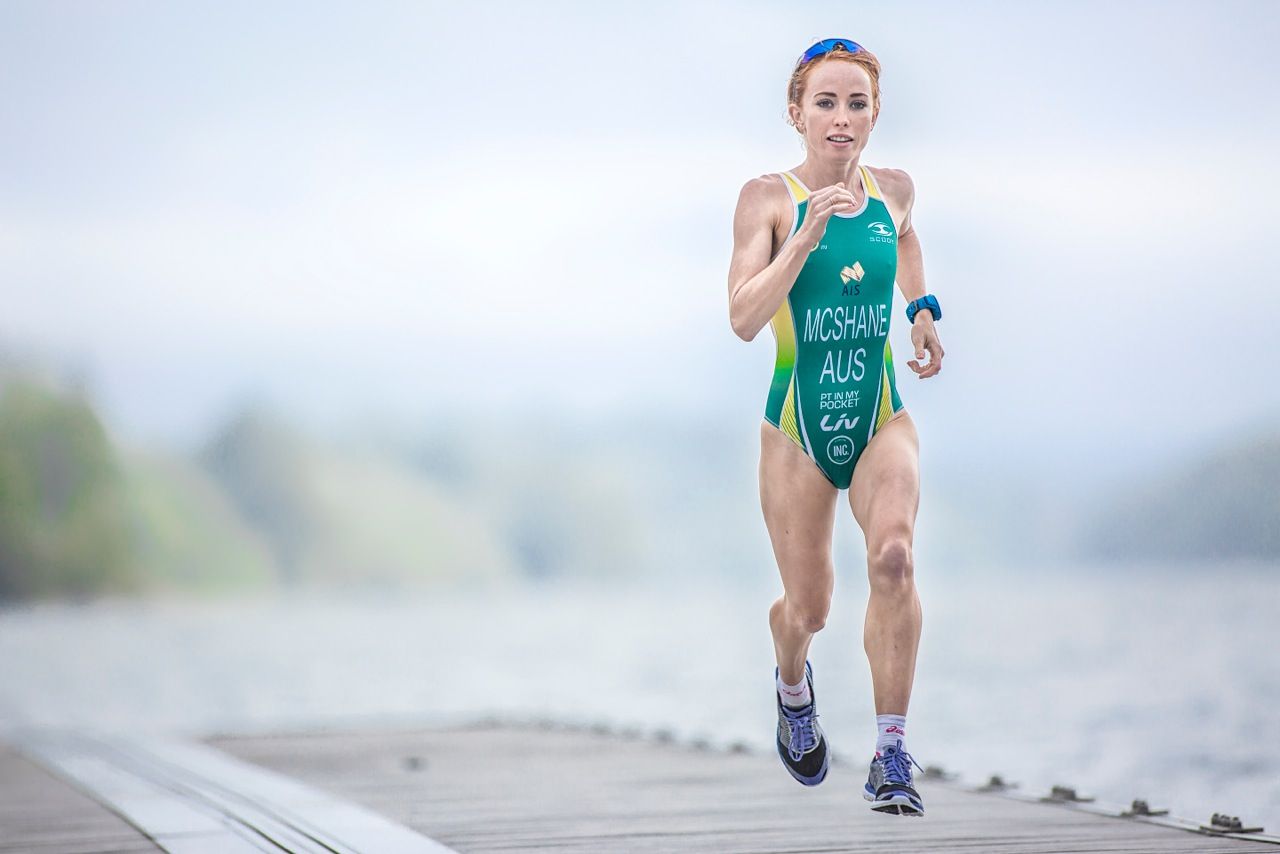
Athletic talent is reflected in habit, not just results
With Turner only coaching a handful of athletes each year, it’s intriguing to see what it takes to join this exclusive club. “It’s all well and good to look at people’s times and results, but I’m more interested in things like their ability to engage in good habit,” noted Jamie. “Do they choose to put the toilet role on the floor or in the rubbish bin?”
It’s this unique, holistic approach that is the key ingredient to Jamie’s success. “These fundamental behaviours are more important than anything else,” he explained. “The amount of habit and rigour involved in performing to your best, and the best in triathlon, requires good habit.”
What an athlete can expect from working with Jamie Turner
“They can expect me to be honest about believing in their ability to get to firstly; [what] they have a vision for and secondly; where I have a vision for them to get,” continued Turner. “Sometimes with athletes they have a vision, and as a coach, you have a greater vision. It’s about the development, and establishing where you both want to get to.”
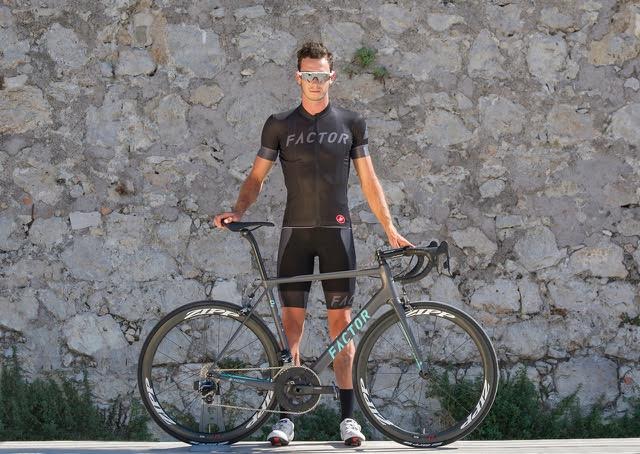
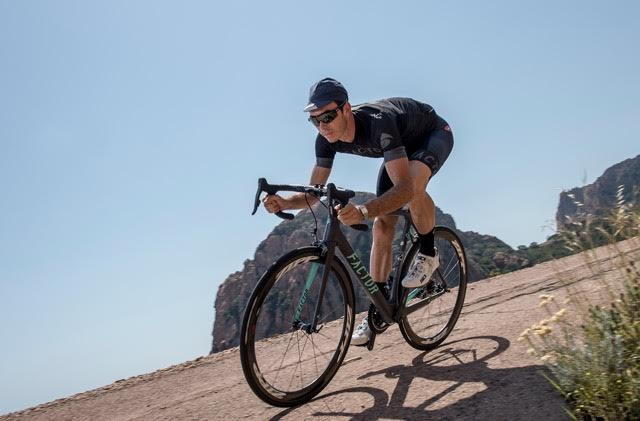
Rather than driving performance by a forced top-down approach, Jamie coaches his athletes as part of a genuine partnership. “As a coach, people choose me to assist [them] on their journey and ‘steer the bus,’ and I want them involved in which direction they take,” he said. “They help determine their path, but they can also drive us down the wrong street. We need to learn from that, and learn how to take the right direction.”
Jamie Turner’s goal is to give his athletes the tools to drive their own progress without his input at every step. “I want them to eventually drive the bus with me in the passenger seat, and the ultimate goal of coaching is for them to drive the bus and me to be pretty redundant,” he added. “I’ll just guide and assist them. I want to empower them.”
Turner coaches people, not just athletes
Jamie’s coaching approach doesn’t stop there: it goes further to help his athletes develop deeper within themselves. “I give them the tools they need to be great athletes and good people,” he said.
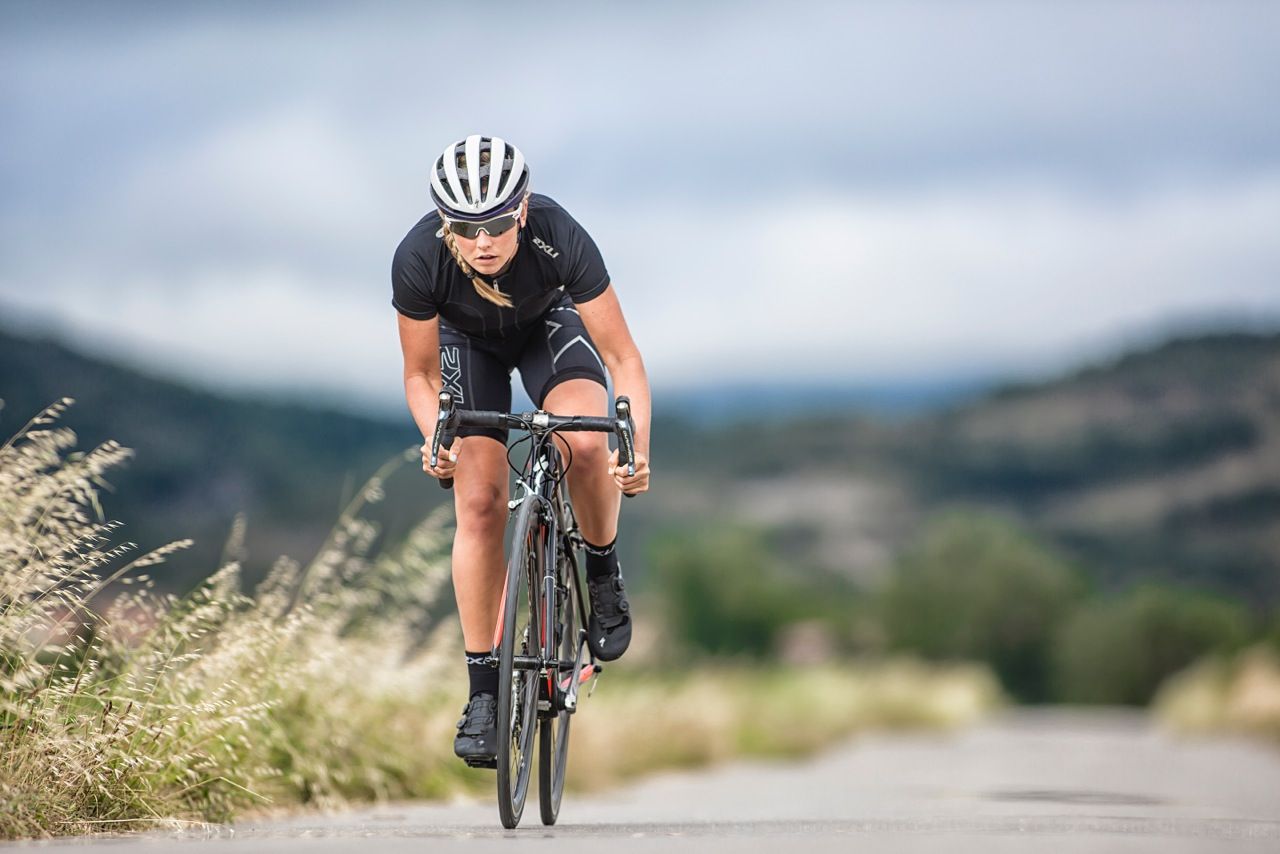
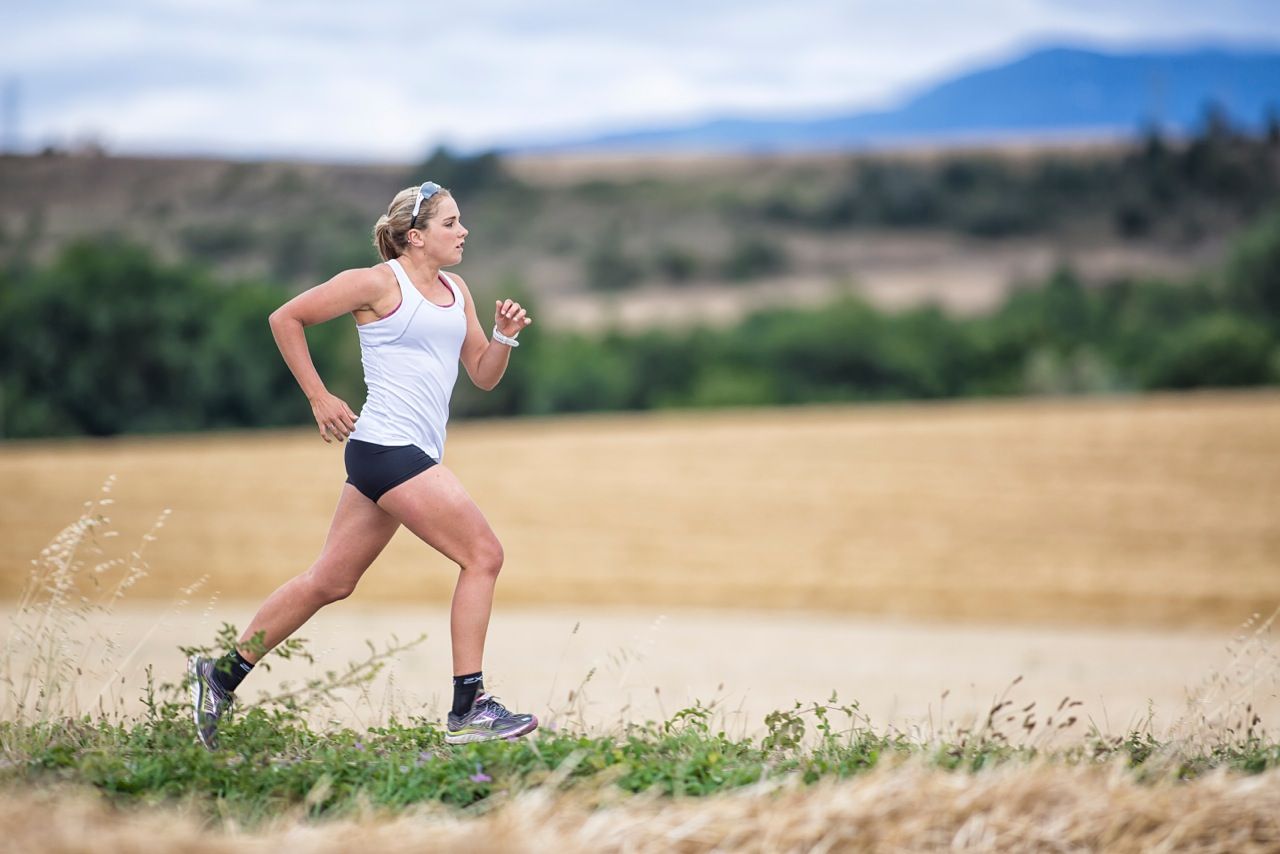
“I spoke with a 16 year-old the other day,” he said. “We discussed identifying people who she should and shouldn’t invest in. I’m happy to speak to kids like that, and have spoken to kids in year six and seven at Kiwi schools who are at risk. They might come from an environment where being in a gang seems like a good way to grow up. After working with me, they can see the power of sport, and one would hope they have the potential to become the cream of the crop of athletes.”
Speaking to Jamie, it’s clear he’s very picky with who he chooses to invest in. “I’m not into working with people who can’t show gratitude, respect or honesty,” he noted.
Turners’ strategies for Gold Coast 2018 and Tokyo 2020 stem from Rio
“The Olympics are our major return on investment indicator,” said Turner. “The athletes are aware of the character they need to build to get the most out of themselves at the Commonwealth Games and the next thing.” His focus is clear, thanks to his reflection of the past four years.
“Aaron Royle rolled the dice at Rio,” he said. “He invested in a strategy that didn’t get the same reward it had done previously. It didn’t give him the same bang for his buck it had done before.”
Ryan Bailie was another Australian athlete who didn’t achieve the result he wanted at Rio. “Ryan Bailie fell victim to some critical moments. There were a couple of things that didn’t fall into good fortune for Ryan,” Jamie said.

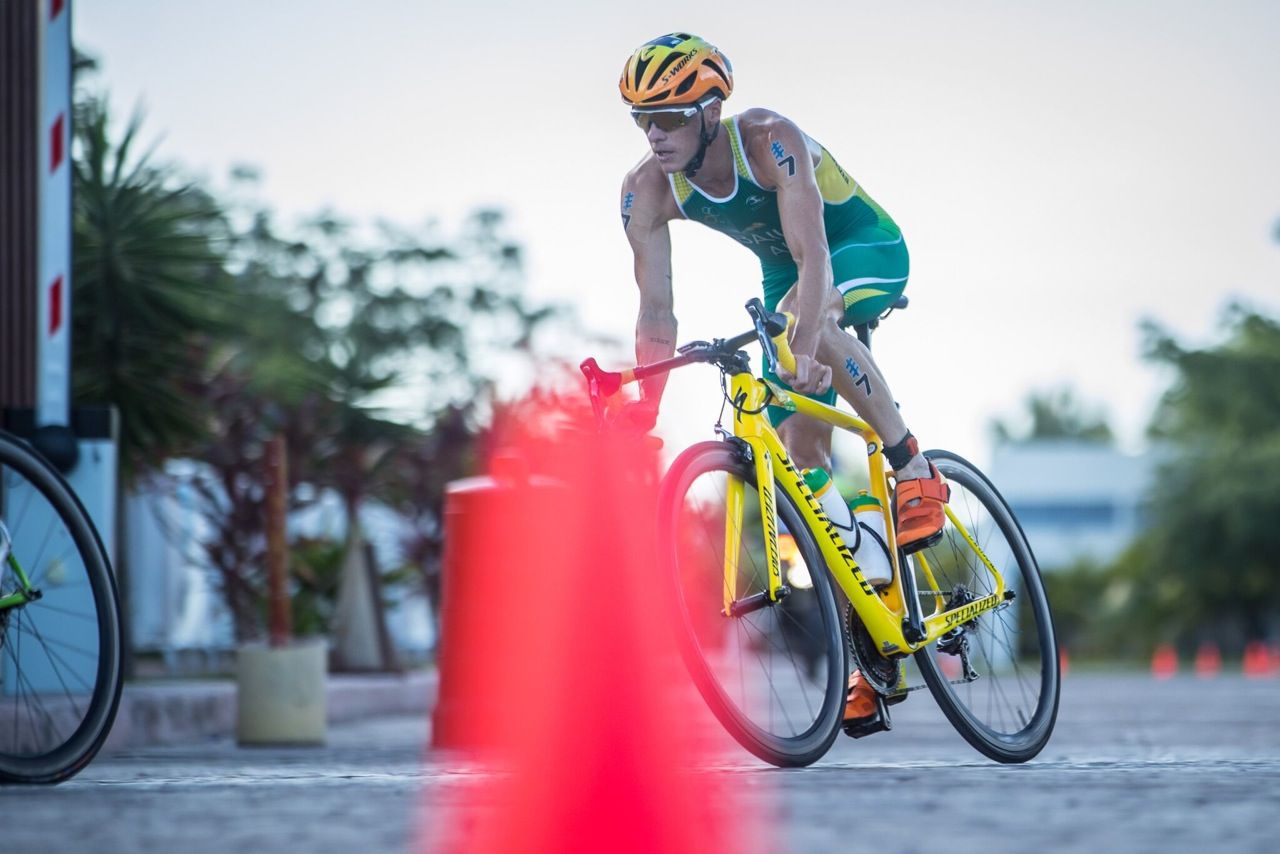
With athletes and coaches around the world desperate for the best results at the Games, Jamie says performing on the day comes down to just one thing. “It’s not about being different at the Olympics,” he said. “It’s about doing your shi* with all the other sh** going on around you.”
In Rio, his core responsibilities concerned the male athletes. Jamie was accredited with the Australian team during the gruelling men’s race, where Aaron Royle and Ryan Bailie were his main responsibilities. “Once the women’s race rolled around, I was released from my Australian team duties and was accredited as an American,” he said. “This enabled me to work in the best interests of the female athletes I was coaching in the women’s race.”
Jamie Turner doesn’t love triathlon
“I don’t know that I love the sport to be honest, but I really love working with individuals,” Turner noted modestly. “It’s a journey and I’m grateful I have the opportunity to work with them.”
Jamie Turner’s passion for individual athletes to achieve both their sporting and personal goals, along with his innate ethics and morality have cemented him as the world’s best triathlon coach. Now the world will be watching closely as he takes on his new role at Triathlon Australia and guides his world-class athletes toward The Commonwealth Games in 2018 and the 2020 Olympics.




